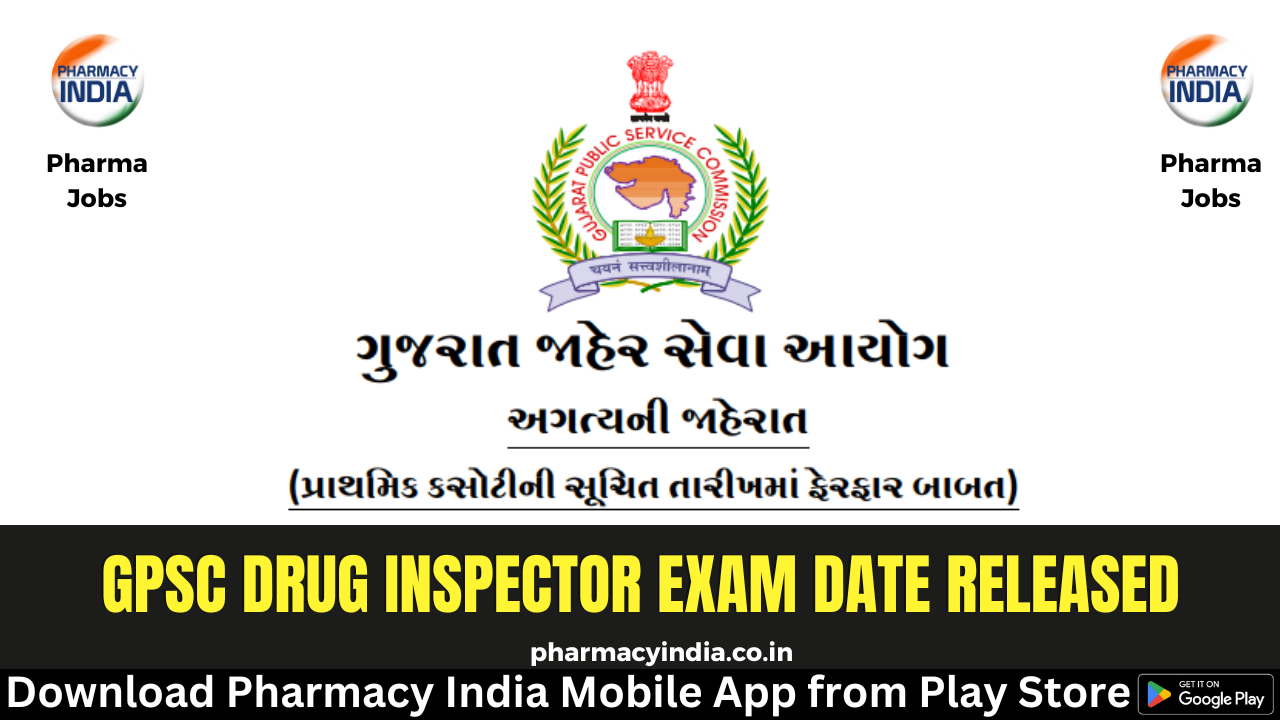Avastin (bevacizumab) plus Tecentriq (atezolizumab) showed a statistically significant improvement in recurrence-free survival (RFS) in patients with hepatocellular carcinoma (HCC) at high risk of disease recurrence following liver resection or ablation with the intention of curing the disease, according to new data from the phase III IMbrave050 study released by Roche. “Four out of five HCC patients who have surgery with the goal of curing their disease may nevertheless experience recurrence. In order to prevent early recurrence and increase survival rates, adjuvant medicines are urgently needed, according to Levi Garraway, M.D., Ph.D., chief medical officer and head of global product development. We are thrilled with the potential of these results and eagerly await the release of more complete data because Tecentriq + Avastin is already the gold standard of therapy for unresectable HCC.
At a median follow-up of 17.4 months, the Tecentriq investigational combination reduced the risk of cancer recurrence by 28% when compared to active surveillance (independent review facility [IRF]-RFS hazard ratio [HR]=0.72, 95% CI: 0.56-0.93; P=0.0120). In general, the IRF-RFS results were consistent across clinical categories. At the time of data analysis, Overall Survival (OS), an important secondary endpoint, had a low occurrence rate (7%). The safety information for Tecentriq plus Avastin was in line with the known safety profile of each therapeutic intervention and the underlying condition.
The recently released information has been incorporated into the official press schedule for the AACR Annual Meeting 2023 and will be presented there. The follow-up for the final RFS data and more developed OS data at the next anticipated analysis will continue while discussions with health authorities are still in progress.
The IMbrave050 research is a component of Roche’s comprehensive effort to advance fundamental treatment change and enhance outcomes for persons with liver cancer. According to results from the IMbrave150 research, Tecentriq + Avastin was the first therapy in more than ten years to significantly increase OS compared to the current standard of care. 3 In unresectable HCC, the Tecentriq combination swiftly rose to the status of standard of care, and it is cited as the preferred first-line therapy in numerous worldwide clinical guidelines.
In people with HCC who are at high risk of recurrence (determined by the size and number of cancerous lesions as well as the results of any available histopathology), after surgical resection or ablation with the intention of curing them, IMbrave050 is a phase III global, multicenter, open-label, randomised study that compares the efficacy and safety of adjuvant Tecentriq plus Avastin to active surveillance.
668 participants were randomly assigned in a 1:1 ratio to receive either Tecentriq (1,200 mg every three weeks) + Avastin (15 mg/kg every three weeks) for a duration of 12 months or 17 cycles, or no intervention with active surveillance. RFS that has been evaluated by a third party facility serves as the main endpoint. RFS in patients with PD-L1-positive disease, OS, and RFS as determined by the investigator are important secondary goals.
One of the rare cancers where mortality is increasing is liver cancer, which is the third most common cause of cancer death. Each year, the disease is discovered in more than 900,000 people worldwide, which equates to one diagnosis every 90 seconds. Chronic liver disease, which encompasses chronic hepatitis B and C infection, non-alcoholic fatty liver disease (NAFLD), non-alcoholic steatohepatitis (NASH), alcohol-related liver disease (ALD), and cirrhosis brought on by these disorders, is the root cause of nine out of 10 occurrences of HCC.
Surgery to remove the original tumour may be recommended if the cancer is discovered early; nevertheless, it is thought that in between 70 and 80 percent of early-stage HCC patients, the disease returns after surgery. Shorter survival and a worse prognosis are linked to early recurrence. The likelihood of recurrence is influenced by the size, quantity, and invasion of tumours.
One of the most aggressive and challenging types of cancer to treat is Tecentriq, a cancer immunotherapy. The first cancer immunotherapy to be authorised for the treatment of a specific subtype of early-stage non-small cell lung cancer (NSCLC), small cell lung cancer (SCLC), and head and neck cancer (HCC) was Tecentriq. For various types of metastatic NSCLC, specific types of metastatic urothelial cancer, PD-L1-positive metastatic triple-negative breast cancer, and BRAF V600 mutation-positive advanced melanoma, Tecentriq is also approved in many nations around the world, either alone or in combination with targeted therapies and/or chemotherapies.
The monoclonal antibody Tecentriq is made to connect with a protein called programmed death ligand-1 (PD-L1), which is expressed on tumour cells and immune cells that infiltrate tumours. This blocks the protein’s interactions with PD-1 and B7.1 receptors. T-cell activation may be made possible by Tecentriq’s inhibition of PD-L1. With regard to a wide spectrum of tumours, Tecentriq, an immunotherapy for cancer, has the potential to be employed as a fundamental combination partner with other immunotherapies, targeted drugs, and different chemotherapies. In order to lessen the growing burden of cancer therapy on patients and healthcare systems, the subcutaneous injectable form of the Tecentriq formulation is also being studied in addition to intravenous infusion.
Connect with Us
Click here to follow Us On Instagram
Click here to follow us on Facebook
Click here to follow us on Telegram Channel






